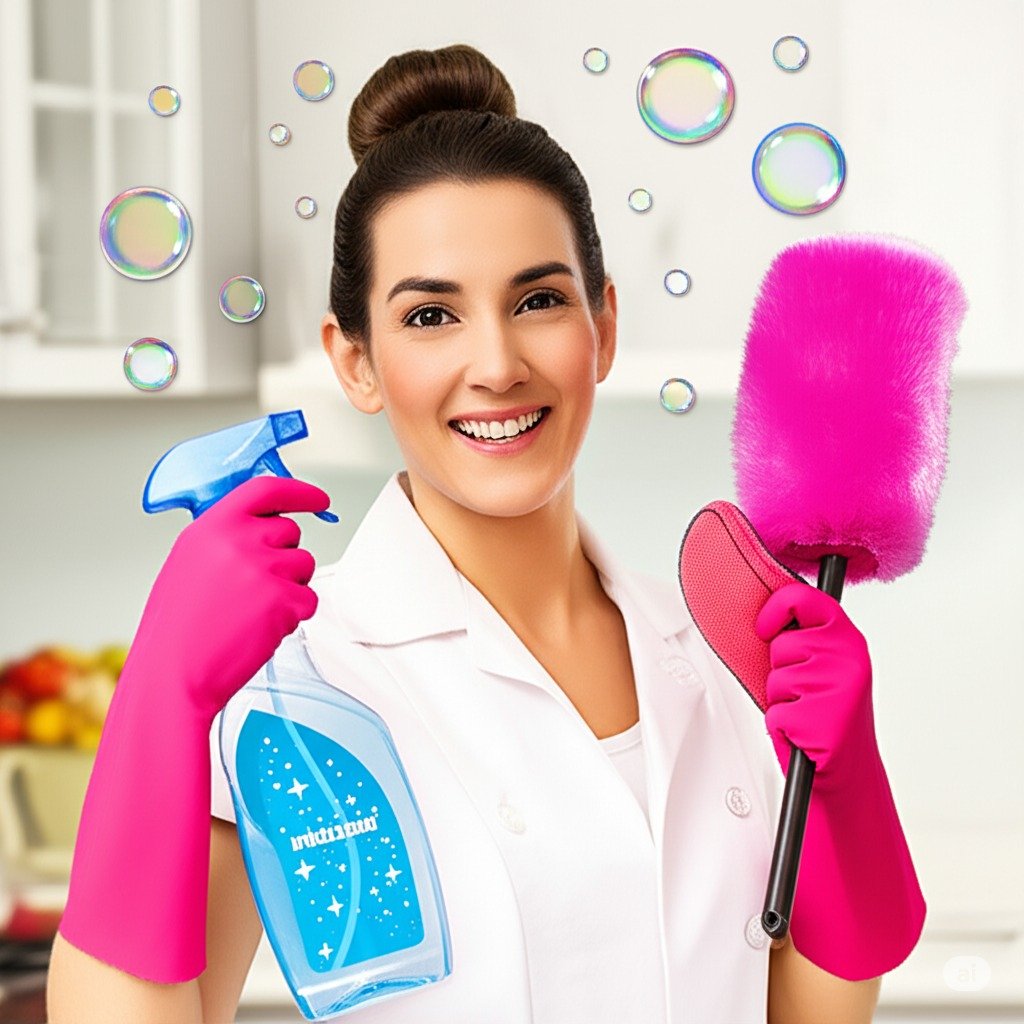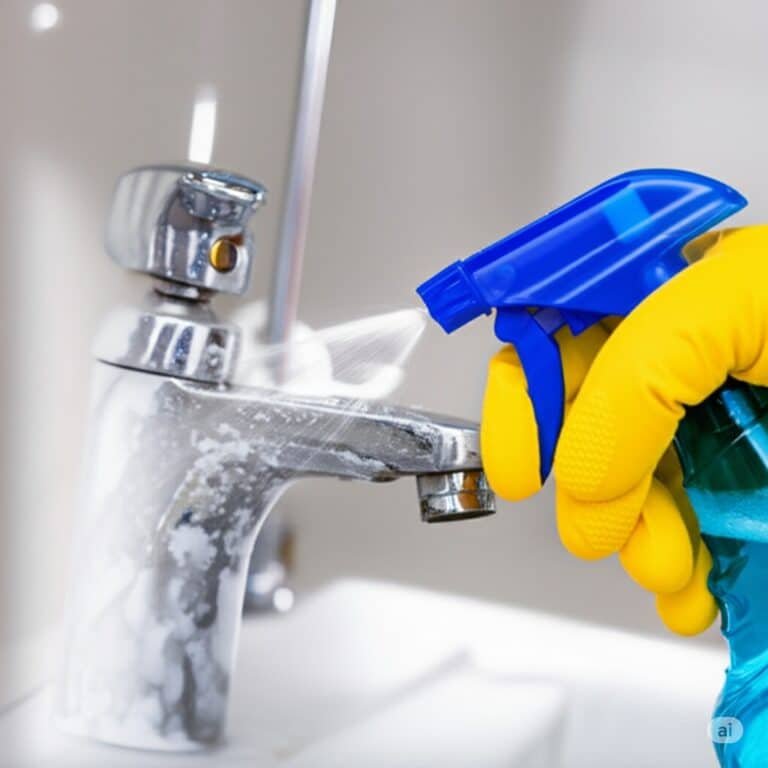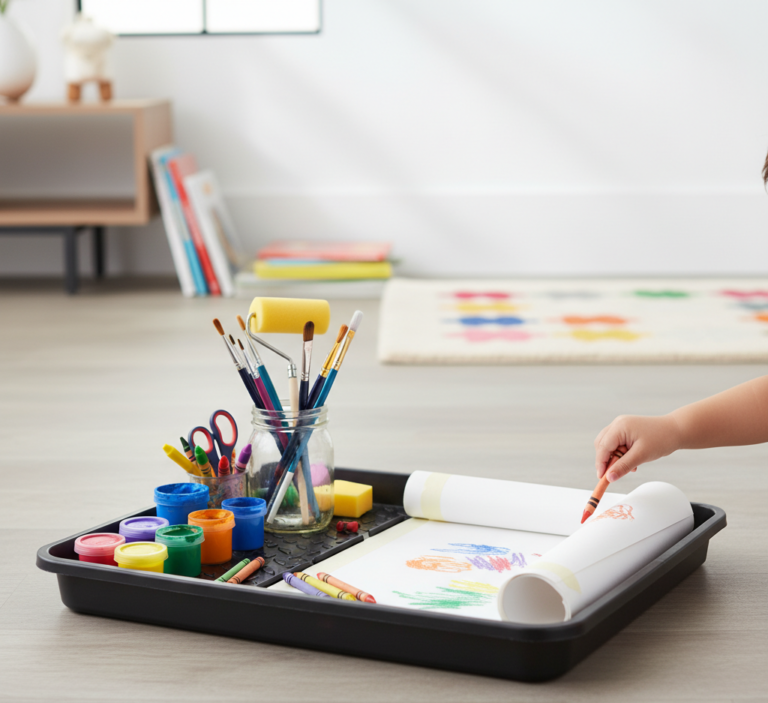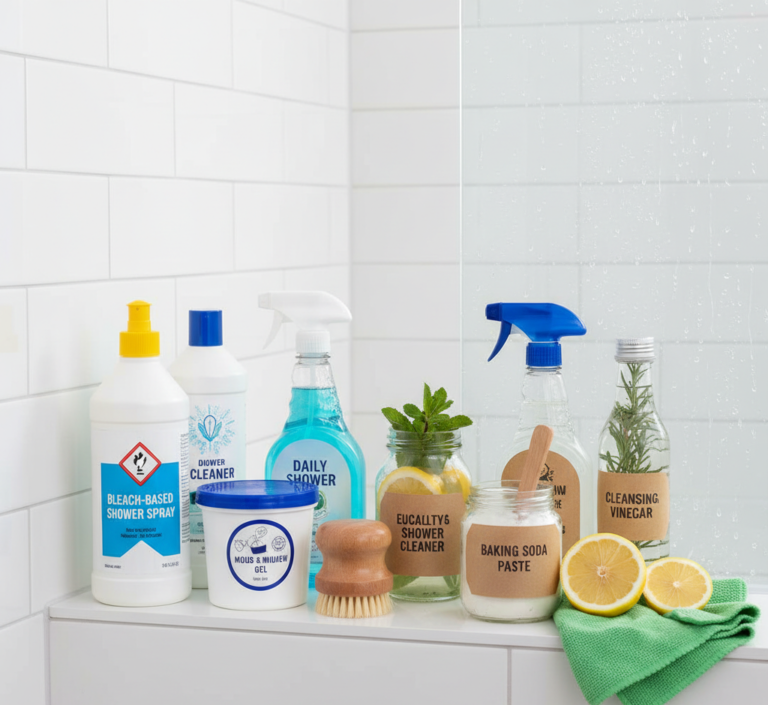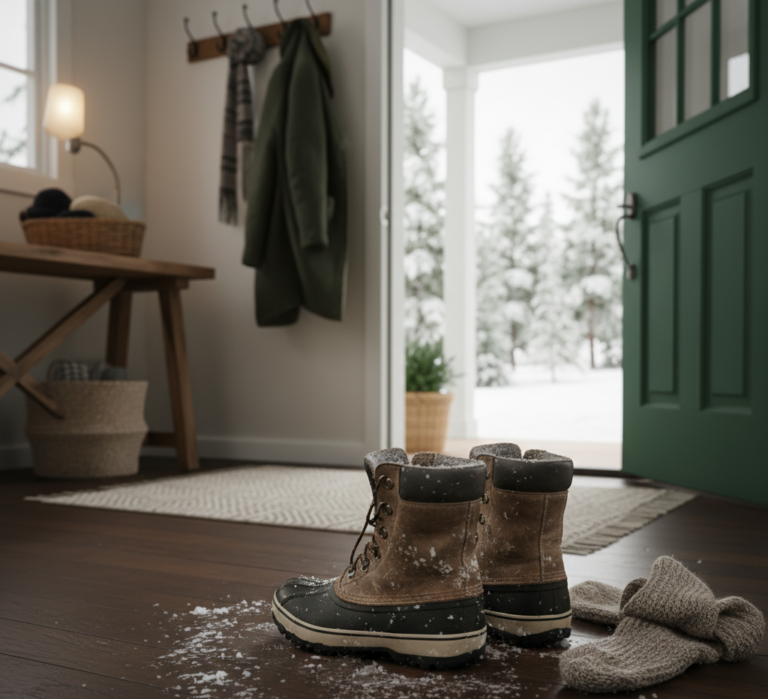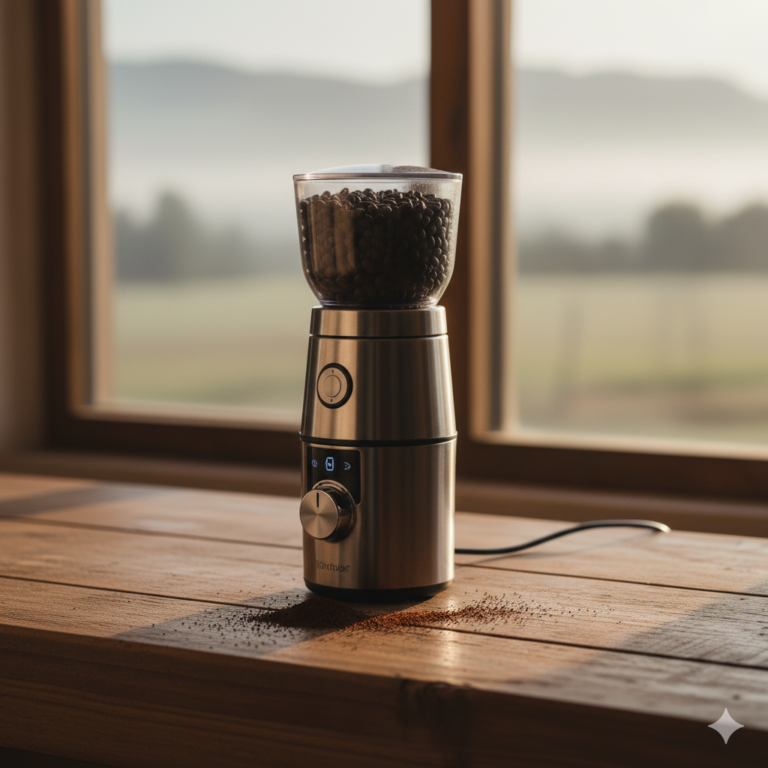Hard water deposits, those chalky white or sometimes rusty stains, are a common nuisance in many homes. These marks are primarily composed of minerals like calcium and magnesium left behind as water evaporates. They can accumulate on various surfaces, diminishing their appearance and sometimes affecting their functionality. Addressing these buildups requires understanding how to dissolve these mineral deposits effectively.
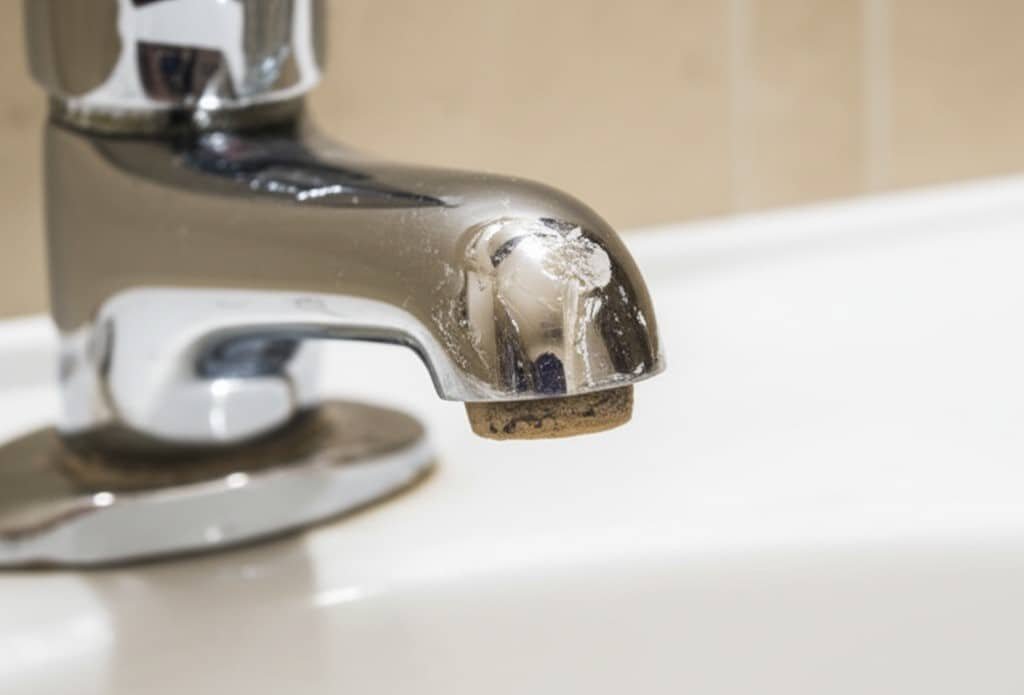
1.Bathrooms
In bathrooms, faucets and showerheads are frequent victims of hard water. The buildup can clog nozzles, reducing water flow and creating an unsightly crust. To clean these fixtures, undiluted white vinegar is a powerful ally. For faucets, you can soak a cloth or paper towel in vinegar and wrap it around the affected area. Let it sit for at least an hour, or longer for stubborn deposits. Afterward, scrub gently with an old toothbrush or a non-scratch sponge and rinse thoroughly. For showerheads, if removable, submerge them in a bowl or bag filled with white vinegar. Ensure the spray holes are completely covered. Let it soak for several hours, or even overnight for severe cases. After soaking, use a small brush or pin to clear any remaining debris from the nozzles and rinse with water before reattaching.
Glass shower doors and enclosures often develop a cloudy film or streaks from hard water. A spray bottle filled with a solution of equal parts white vinegar and water can be used here. Spray the solution generously onto the glass and let it sit for 15 to 30 minutes. This allows the acetic acid in the vinegar to begin breaking down the mineral deposits. Then, scrub the surface with a non-scratch pad or a microfiber cloth. For more resistant stains, a paste made from baking soda and a small amount of vinegar can be applied and gently scrubbed before rinsing. Rinse the glass thoroughly with clean water and dry with a squeegee or a clean, lint-free cloth to prevent new spots from forming.
Sinks and bathtubs, whether porcelain, ceramic, or stainless steel, can also suffer from hard water stains. For general cleaning, spraying with a vinegar solution and letting it sit before wiping and rinsing works well. For more concentrated stains, apply white vinegar directly or create a paste of vinegar and baking soda. Apply the paste to the stained areas, let it sit for about 30 minutes, then scrub with a soft brush or sponge. Rinse thoroughly with water. Be cautious with colored grout or natural stone, as vinegar’s acidity can sometimes affect these materials; test in an inconspicuous area first.
Toilets often develop a hard water ring at the waterline. To address this, pour about one to two cups of white vinegar directly into the toilet bowl, ensuring it covers the ring. Let it sit for at least an hour, or preferably overnight for tough rings. After soaking, scrub the ring with a toilet brush. The minerals should loosen and come off more easily. Flush the toilet to rinse. For very stubborn stains below the waterline, you might need to empty the bowl of water first (by turning off the water supply and flushing) before applying vinegar directly to the stains.
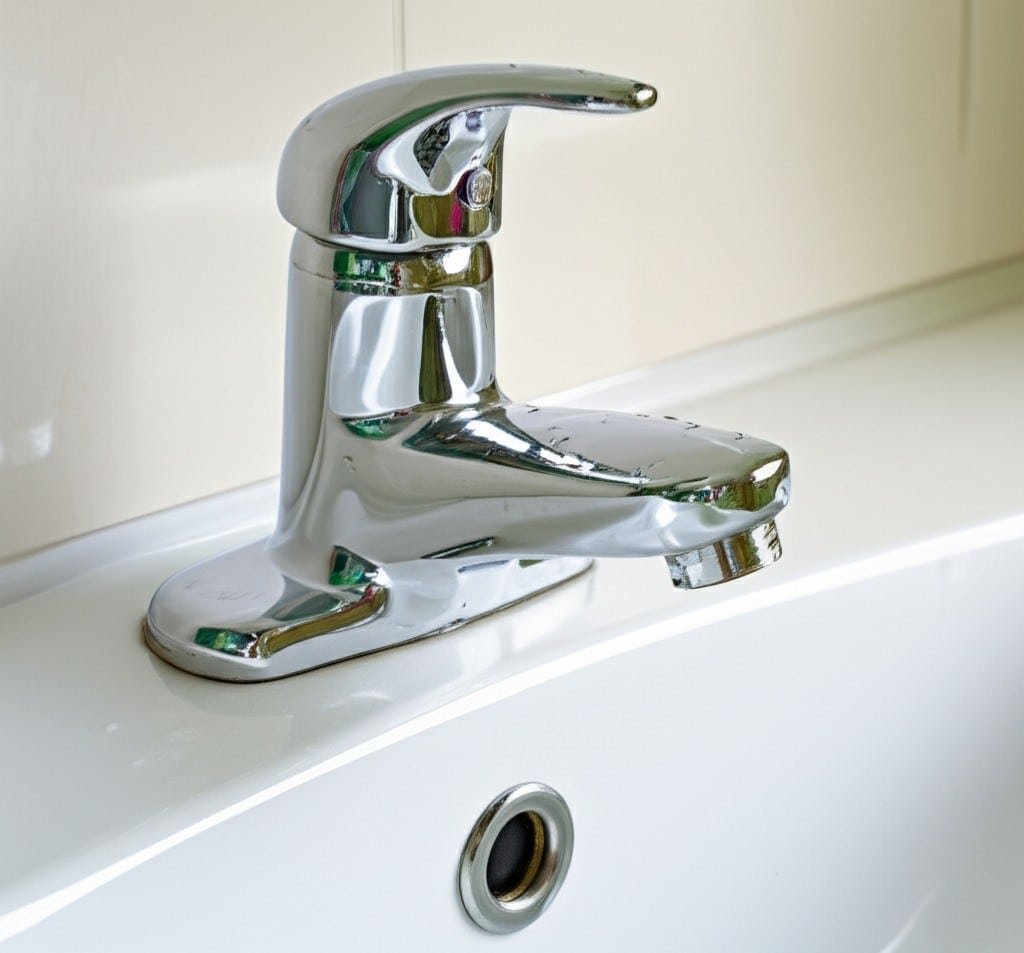
2.Kitchen
In the kitchen, appliances like kettles and coffee makers are prone to internal mineral buildup, often called scale. This scaling can affect the taste of your beverages and the efficiency of the appliance. To descale a kettle, fill it with a solution of equal parts white vinegar and water. Bring the solution to a boil, then turn off the kettle and let it sit for an hour or two. Empty the kettle and rinse it thoroughly several times with fresh water to remove any vinegar residue and taste. For coffee makers, fill the water reservoir with the same vinegar-water solution and run a brewing cycle without coffee grounds. Afterward, run two to three cycles with plain water to rinse the system completely.
Dishwashers can also accumulate hard water deposits, leading to spotty dishes and a less effective cleaning cycle. To clean your dishwasher, place a dishwasher-safe cup or bowl filled with one to two cups of white vinegar on the top rack of the empty dishwasher. Run a regular hot water cycle. The vinegar will circulate through the machine, helping to dissolve mineral buildup on the interior components and spray arms.
Washing machines, especially in hard water areas, can suffer from mineral buildup that affects their performance and can even leave deposits on clothes. To clean your washing machine, you can run an empty cycle with hot water and add about two to four cups of white vinegar directly into the drum or the detergent dispenser. Allow the machine to complete a full wash and rinse cycle. This helps to remove scale and soap scum from the drum and hoses.
For tiles and grout in kitchens and bathrooms, a vinegar solution can be effective against hard water stains. Spray the solution onto the tiles, let it sit for a short period, then scrub with a brush, paying extra attention to grout lines. Rinse thoroughly with water. As mentioned, always test vinegar on a small, hidden area of tiles, especially if they are natural stone or colored, as acidity can sometimes cause etching or discoloration.
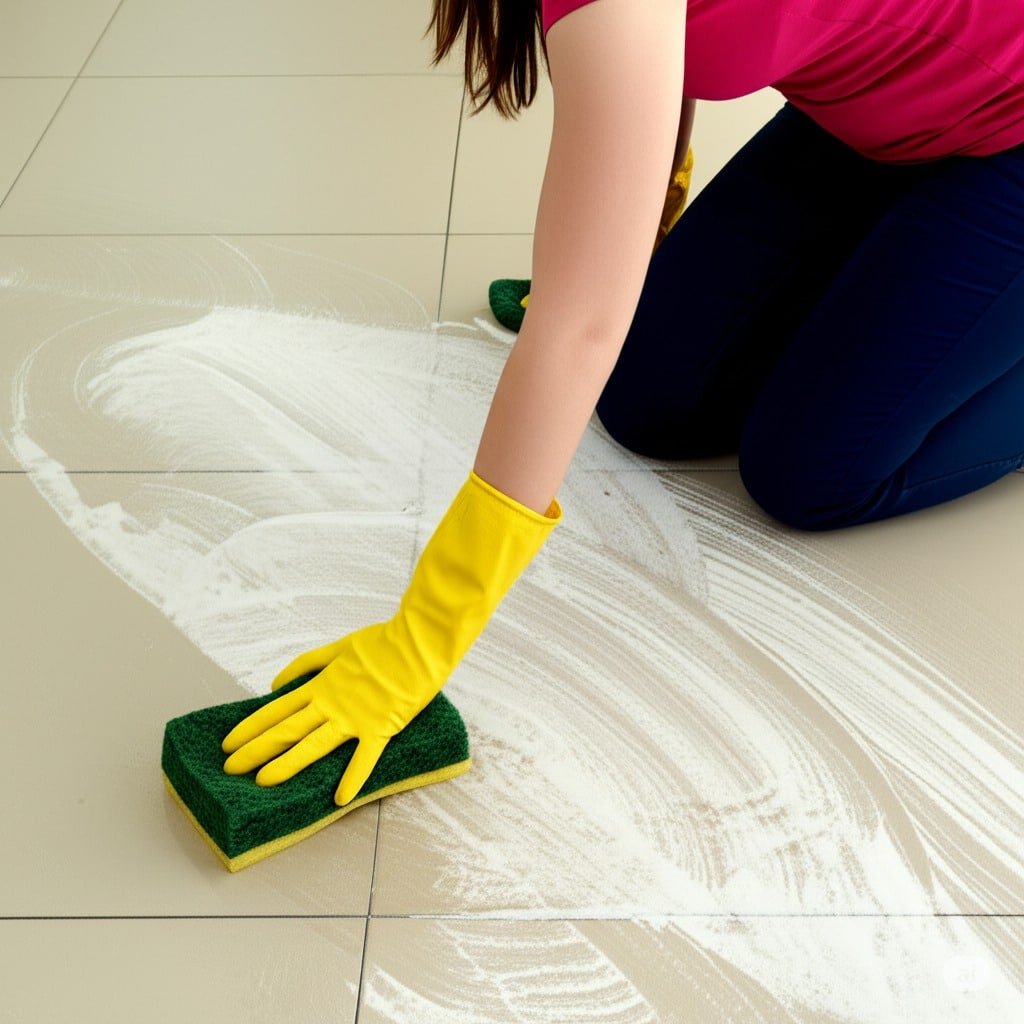
While vinegar is a common and effective household cleaner for hard water, lemon juice, another natural acid, can also be used in a similar manner for smaller areas or as an alternative. Commercial descaling products are also available and can be very effective, especially for severe buildup or for appliances where manufacturers recommend specific descalers. Always follow the product instructions carefully when using commercial cleaners. Regular cleaning of affected surfaces can prevent severe buildup, making the task easier over time. Consistent attention to areas prone to hard water can keep your fixtures and appliances looking their best and functioning properly.
Hard water stains and mineral buildup can be challenging, but with the right approach, these deposits can be effectively removed from various household surfaces. Understanding how to dissolve these minerals using common household items like vinegar or specific commercial products ensures your home remains clean and your appliances operate efficiently. Toronto Shine Cleaning offers professional cleaning services to help you manage hard water issues and all other cleaning needs, ensuring your home is sparkling clean.
